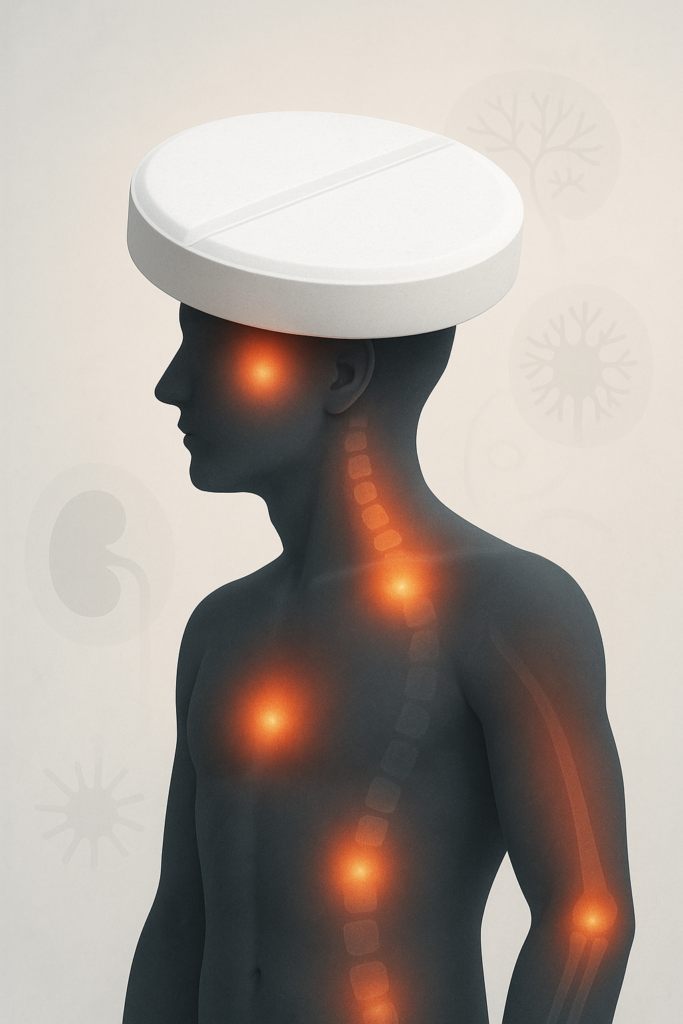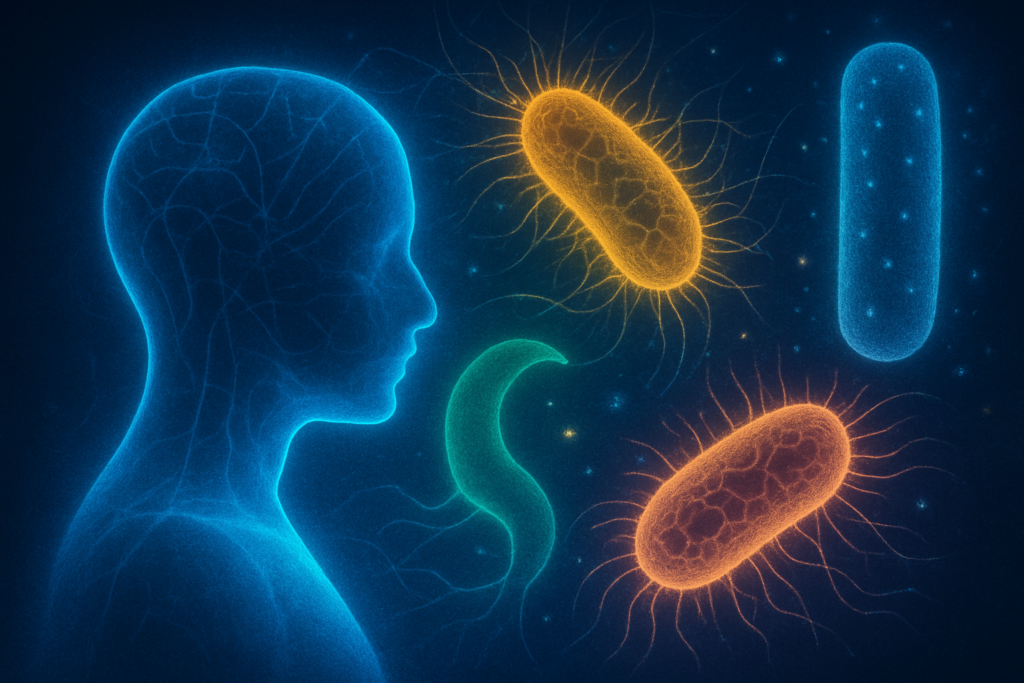
The Quiet Alchemy of Forgiveness and the Release of Hatred
Not long ago, I found myself immersed in the contemplations of Dr. Samuel Hahnemann, the visionary founder of homeopathy. Among his many provocative ideas, it was his miasmatic theory that held me longest in thought. While often dismissed by modern medicine as arcane, there remains something profoundly intuitive in his belief that diseases may not only pass through bloodlines, but also through the corridors of human emotion and inner imbalance.
Hahnemann posited that chronic illnesses are not merely a result of pathogens or external exposure, but arise from the deep internal disposition of an individual. And in that unseen terrain of the self, he singled out one force as especially corrosive: hatred.
Hatred, he suggested, is more than a spiritual affliction—it is fertile soil for disease. It disrupts the natural harmony of the body, creating a vulnerability that allows illness to root and flourish. This idea resonated within me, stirring something I had long sensed but never quite named.
Innocence as Strength
As a child, I was often described as simple—a word that may seem benign, but which often carried the weight of mild reproach. I was gentle, unguarded, quick to forgive. I bore no grudges and seldom reacted in anger. When wronged, I let the moment pass as though it never occurred.
To many, this made me a target—easy to mock, easier still to overlook. And yet, I remained unscathed. My joy, though quiet, was unshaken. I harbored no bitterness, and even the unkindness of others failed to penetrate me. Forgiveness came naturally; oblivion followed swiftly. It was not a conscious philosophy—I simply was that way.
Looking back, I understand now that this unassuming disposition was not weakness, but a kind of subtle invincibility. I had few laurels to claim, but I walked lightly, unburdened by resentment. And that, I realize now, was my superpower.
The Companion Who Taught Me to Wound
But life, in its usual way, evolves. I left my childhood city, embarked on a career, and met a person, a colleague, a friend who would, over a decade, influence me in ways I did not yet have the discernment to resist.
He was fierce, intelligent, and unwavering in loyalty. A friend I always needed who defended me with a ferocity I had never known. In his presence, I learned to stand my ground, to speak sharply, to demand respect. For a time, I believed this was growth.
But beneath his brilliance lay a bitterness that was neither fleeting nor benign. He viewed the world through a lens of distrust. No gesture was pure, no kindness free of agenda. His disdain for others—family, friends, colleagues—was unwavering.
At first, I was only a bystander. But hatred, like a virus, is insidiously contagious. Slowly, I began to mirror him.
Where once I would smile for no reason, I grew guarded. I began nursing slights, analysing every gesture for hidden malice. Though my career soared and financial security became a reality, I found myself perpetually agitated, dissatisfied, and distant from the joy that once visited me so easily.
Even my body seemed to follow suit. Once vibrant and resilient, I became inexplicably fragile. Illnesses lingered longer. My immune strength withered. No diagnosis could explain it—but I felt unwell in a way that was deeper than the physical.
I gave generously, rescued animals, searched for meaning in acts of compassion—but even those gestures failed to restore the lightness I had lost.
Hatred, Through the Lens of Science
Hahnemann’s emotional theory, while born of an earlier era, finds unexpected companionship in modern research. Today, science affirms what intuition has long whispered:
- Stress & Cortisol Overload: Chronic negativity keeps the body in an endless loop of stress, inviting inflammation, fatigue, and cardiovascular strain.
- Immune Suppression: Resentment weakens the very system meant to defend us, increasing our vulnerability to illness and even malignancy.
- A Diminished Lifespan: Longitudinal studies, including those from Harvard, reveal that individuals who cling to anger and bitterness face greater risks of early death and heart disease.
- Neurological Decay: Residing too long in negative emotional states alters brain structure—shrinking memory centres and hyperactivating fear pathways, leading to cognitive and emotional decline.
Hatred, then, is not merely a moral dilemma. It is a biological toxin.
A Return to Grace
Five years ago, I ended that friendship. It was not a dramatic rupture—just the quiet, necessary act of stepping away. But even in its absence, his influence echoed within me.
Hatred does not dissolve with distance. It must be consciously unlearned.
These were my tools:
- Mindfulness and Mental Hygiene – I began observing my own thoughts. When resentment surfaced, I paused. Was this truly worth my serenity? The answer, more often than not, was no.
- Forgiveness as Liberation – I reframed forgiveness—not as indulgence toward others, but as a release for myself. Why allow someone to live rent-free in the sacred space of my mind?
- Gratitude Practice – Hatred roots itself in lack. Gratitude flourishes in abundance. I began to name three things daily, however small, that I was thankful for.
- Shielding My Energy – I grew selective with company. I chose nourishment—through uplifting books, gentle conversations, and long walks in nature.
- Cleansing the Body, Calming the Mind – Yoga, breathwork, and light, unprocessed food brought clarity. As my physical health revived, so did my emotional balance.
Gradually, the fog lifted.
The Lingering Echo and a Renewed Self
Even now, years later, I occasionally stumble. Some provocations still draw from the residue of that former self. But more often, I recognize them for what they are—shadows, not truths.
With each act of release, my health improves. My immune system, once delicate, now holds firm. The mind, once clouded, regains its poise. I smile again—this time, from wisdom as much as from instinct.
Perhaps Hahnemann was not entirely wrong. Hatred may indeed be a chronic miasm—a spiritual affliction that becomes physical when left unresolved.
A Public Crisis, A Private Cure
In today’s world, hatred no longer hides. It saturates public discourse, infiltrates policy, festers in online echo chambers. It is rewarded, even valorized.
But if hatred can sicken the body and dull the mind, it must be treated as more than a moral failing. It is a public health emergency. And its cure cannot wait.
Imagine a society where forgiveness is taught not as weakness, but as strength. Where schools cultivate not just intellect, but empathy. Where to release anger is celebrated as a form of power.
The future depends on such imagining. Because hatred is not just a private wound—it is a generational ailment. And only through grace, reflection, and the quiet power of letting go, can we begin to heal.

